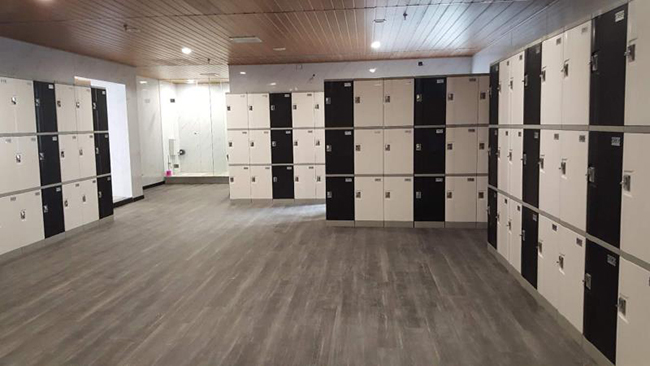Service Hotline
400-138-0592
The psychology behind a well-organized gym cabinet taps into several key principles of human behavior and mental well-being:
Sense of Control: Organizing a gym cabinet provides individuals with a sense of control over their environment. It allows them to know exactly where their equipment and belongings are, reducing feelings of chaos or uncertainty.
Efficiency and Productivity: A well-organized cabinet promotes efficiency. When everything has a designated place and is easily accessible, it minimizes the time spent searching for items. This can enhance productivity during workouts.
Reduced Stress: Clutter and disorganization can contribute to stress and anxiety. A tidy gym cabinet creates a calming environment where individuals can focus on their fitness goals without distractions.

Visual Appeal: Aesthetic orderliness can positively impact mood and motivation. A neatly arranged gym cabinet can be visually pleasing, encouraging individuals to engage more enthusiastically in their fitness routines.
Goal Orientation: Organizing a gym cabinet outdoor storage box often involves categorizing equipment based on usage frequency or workout type. This categorization can help individuals stay focused on their fitness goals by making it easier to plan and execute their workouts effectively.
Personalization and Ownership: When individuals take the time to organize their gym cabinet according to their preferences, it creates a sense of ownership and personalization. This, in turn, can enhance their commitment to their fitness journey.

Maintenance of Equipment: Proper organization can prolong the lifespan of gym equipment by reducing wear and tear. This reinforces the importance of care and respect for the tools individuals use to achieve their fitness goals.
Overall, the psychology behind a well-organized gym wall locker cabinet revolves around promoting a positive environment that supports motivation, focus, and a sense of accomplishment in one's fitness pursuits. It aligns with broader psychological principles related to environmental psychology, cognitive load theory, and the psychology of space and organization.